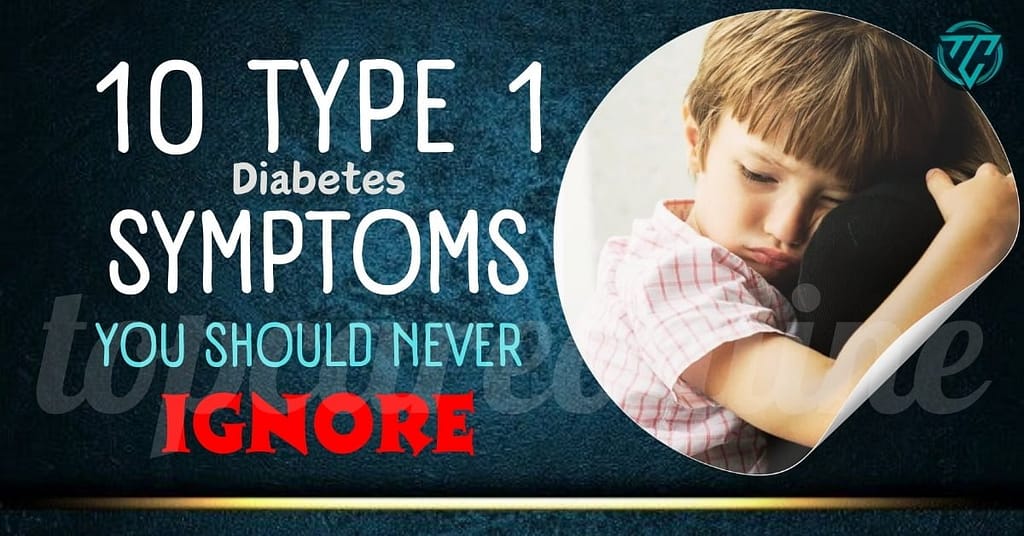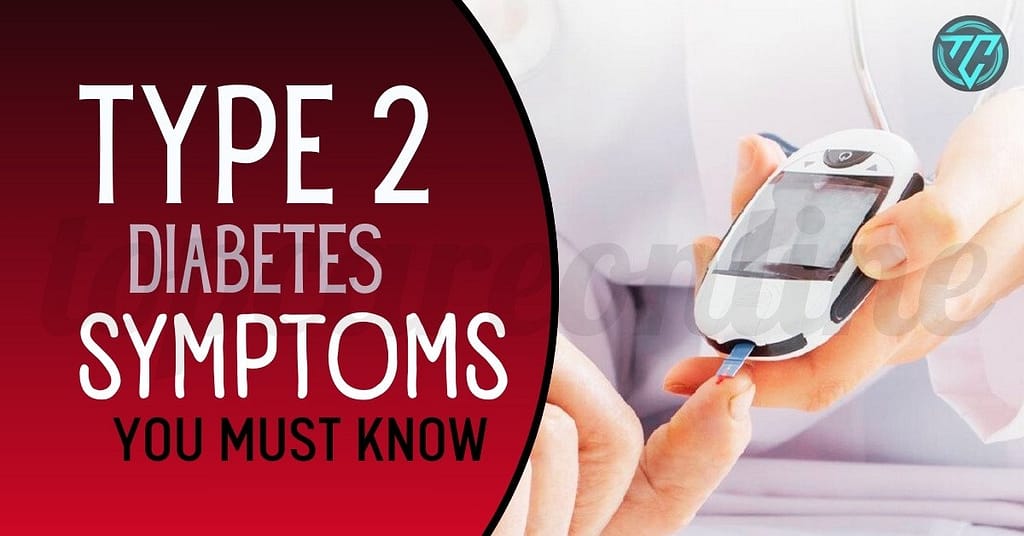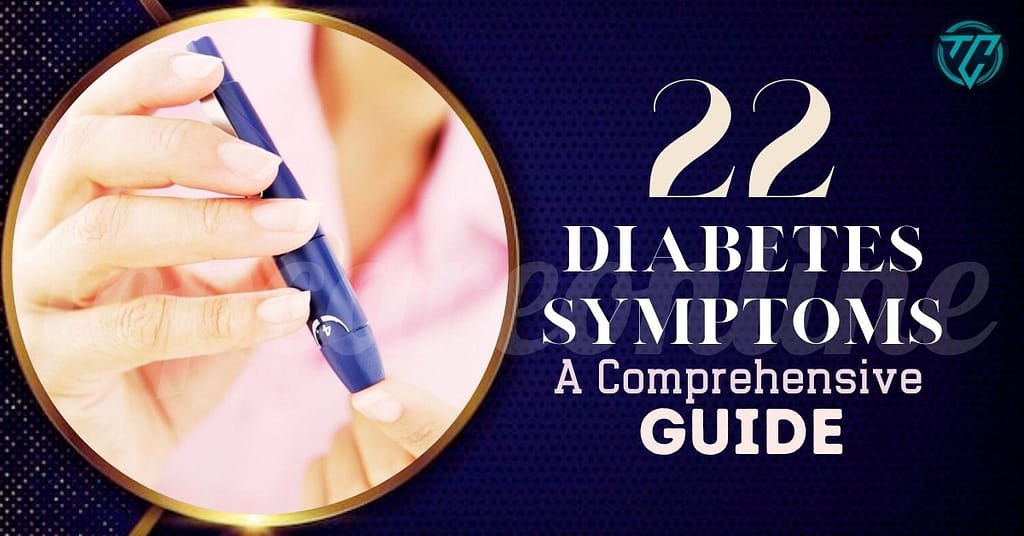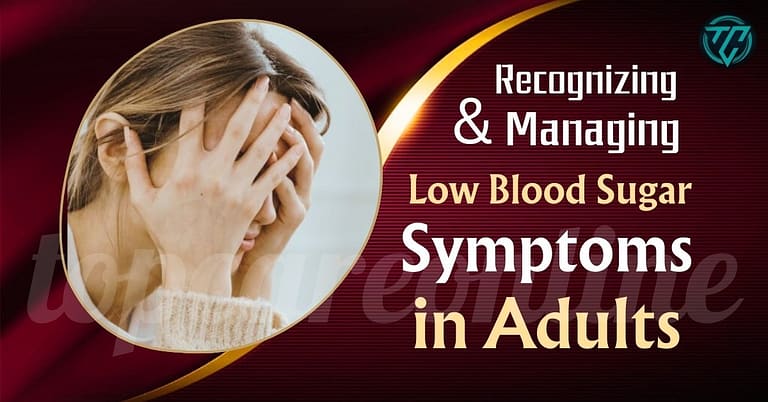Symptoms | Preventing |
What Are the Hidden Low Blood Sugar Symptoms in Adults? Have you ever felt shaky, irritable, or suddenly exhausted without explanation?
For many adults, especially those managing Type 1 and Type 2 diabetes, low blood sugar can sneak up unexpectedly and manifest in ways that might surprise you. Recognizing the symptoms of low blood sugar is crucial not just for those living with diabetes but for anyone wanting to maintain their overall health and well-being.
What is Low Blood Sugar
Low blood sugar, or hypoglycemia, occurs when the glucose level in your blood drops below normal. It can cause symptoms like shakiness, sweating, confusion, dizziness, irritability, and fatigue. In severe cases, it can lead to loss of consciousness or seizures.
Hypoglycemia is often associated with diabetes, especially if someone is taking insulin or other medications to lower blood sugar. However, it can also occur in people without diabetes due to factors like prolonged fasting, excessive alcohol consumption, or certain medical conditions.
Low Blood Sugar Symptoms in Adults
Low blood sugar, or hypoglycemia, occurs when glucose levels drop below normal, leading to various symptoms that can significantly impact daily life. Here are the key symptoms to watch for:
- Sweating: Unexplained sweating, especially in non-physical situations, is a common early sign.
- Shakiness: Tremors in the hands or body may occur, often accompanied by feelings of anxiety or nervousness.
- Dizziness: Individuals may experience lightheadedness or a sensation of faintness, making it hard to focus or stay balanced.
- Confusion: Low blood sugar can cause cognitive difficulties, leading to confusion or impaired judgment.
- Irritability: Mood changes, including sudden irritability or agitation, are frequent as the brain lacks sufficient glucose.
- Fatigue: A general feeling of tiredness or lack of energy can arise, impacting productivity and motivation.
- Rapid Heartbeat: Palpitations or an unusually fast heartbeat may signal that the body is responding to low glucose levels.
Recognizing these symptoms early is vital for prompt intervention, helping to prevent more serious complications associated with hypoglycemia. If you experience any of these signs, it’s important to address the situation immediately by consuming quick sources of sugar, such as glucose tablets, fruit juice, or candy.



Preventing Low Blood Sugar
Low blood sugar, or hypoglycemia, can be concerning, especially for those with diabetes. Here are some effective strategies to prevent it:
- Regular Meals: Eat balanced meals and snacks at regular intervals to maintain stable blood sugar levels.
- Monitor Blood Sugar: Check your blood sugar regularly to catch any drops early.
- Choose Complex Carbs: Opt for whole grains and fiber-rich foods to slow digestion and provide sustained energy.
- Stay Hydrated: Drink plenty of water to help regulate your body’s functions.
- Limit Alcohol: Be cautious with alcohol consumption, as it can cause drops in blood sugar.
- Educate Others: Make sure friends and family know how to recognize and respond to hypoglycemia.
Implementing these tips can help you maintain a healthy blood sugar level and reduce the risk of hypoglycemia.
Commonly Asked Questions
What to eat when blood sugar is low
When your blood sugar is low, it’s important to consume foods or beverages that can quickly raise your blood sugar levels. Here are a few options:
- Glucose tablets or gel: These are specifically designed to rapidly increase blood sugar levels, and they are readily available in most pharmacies.
- Fruit juice: Juices like orange juice or apple juice contain natural sugars that can quickly raise blood sugar levels.
- Regular soda: Drinking a small amount of regular soda (not diet) can provide a quick source of carbohydrates to increase blood sugar levels.
- Hard candies or glucose candy: Consuming a few pieces of hard candy or glucose tablets can help raise blood sugar levels effectively.
- Honey or maple syrup: If you don’t have any other options available, consuming small amounts of honey or maple syrup can also help boost your blood sugar.
What to drink to lower blood sugar immediately
To help lower blood sugar levels quickly, consider the following options:
- Water: Staying hydrated can help flush excess sugar from the bloodstream.
- Apple Cider Vinegar: Diluting a tablespoon in a glass of water may improve insulin sensitivity and lower blood sugar.
- Green Tea: Rich in antioxidants, it may help improve insulin sensitivity.
- Herbal Teas: Teas like chamomile or ginger can be soothing and may have beneficial effects on blood sugar.
- Lemon Water: The acidity may help slow sugar absorption.
- Cinnamon Tea: Cinnamon may help lower blood sugar levels and improve insulin sensitivity.
Always consult with a healthcare professional before making significant changes, especially if you have diabetes or other health conditions.
How to reduce blood sugar level immediately without insulin
If you’re looking to reduce blood sugar levels quickly without insulin, consider these strategies:
- Stay Hydrated: Drink plenty of water to help flush out excess sugar through urine.
- Physical Activity: Engage in light exercise, such as walking, which can help lower blood sugar levels.
- Consume High-Fiber Foods: Foods rich in fiber can help stabilize blood sugar. Consider snacks like raw vegetables or a small serving of nuts.
- Drink Apple Cider Vinegar: Diluted apple cider vinegar may help lower blood sugar levels when taken before meals.
- Cinnamon: Adding cinnamon to your meals can enhance insulin sensitivity and lower blood sugar levels.
- Reduce Carb Intake: Minimize high-carb foods to prevent further spikes in blood sugar.
- Eat Smaller, More Frequent Meals: This can help stabilize blood sugar throughout the day.
- Deep Breathing or Meditation: Stress can raise blood sugar levels, so relaxation techniques can be beneficial.
Remember to consult with a healthcare professional for personalized advice, especially if you’re managing diabetes or other health conditions.
By adhering to these preventive measures, individuals can significantly reduce the risk of experiencing Low Blood Sugar Symptoms in Adults, thereby maintaining better control over their diabetes and overall health.

